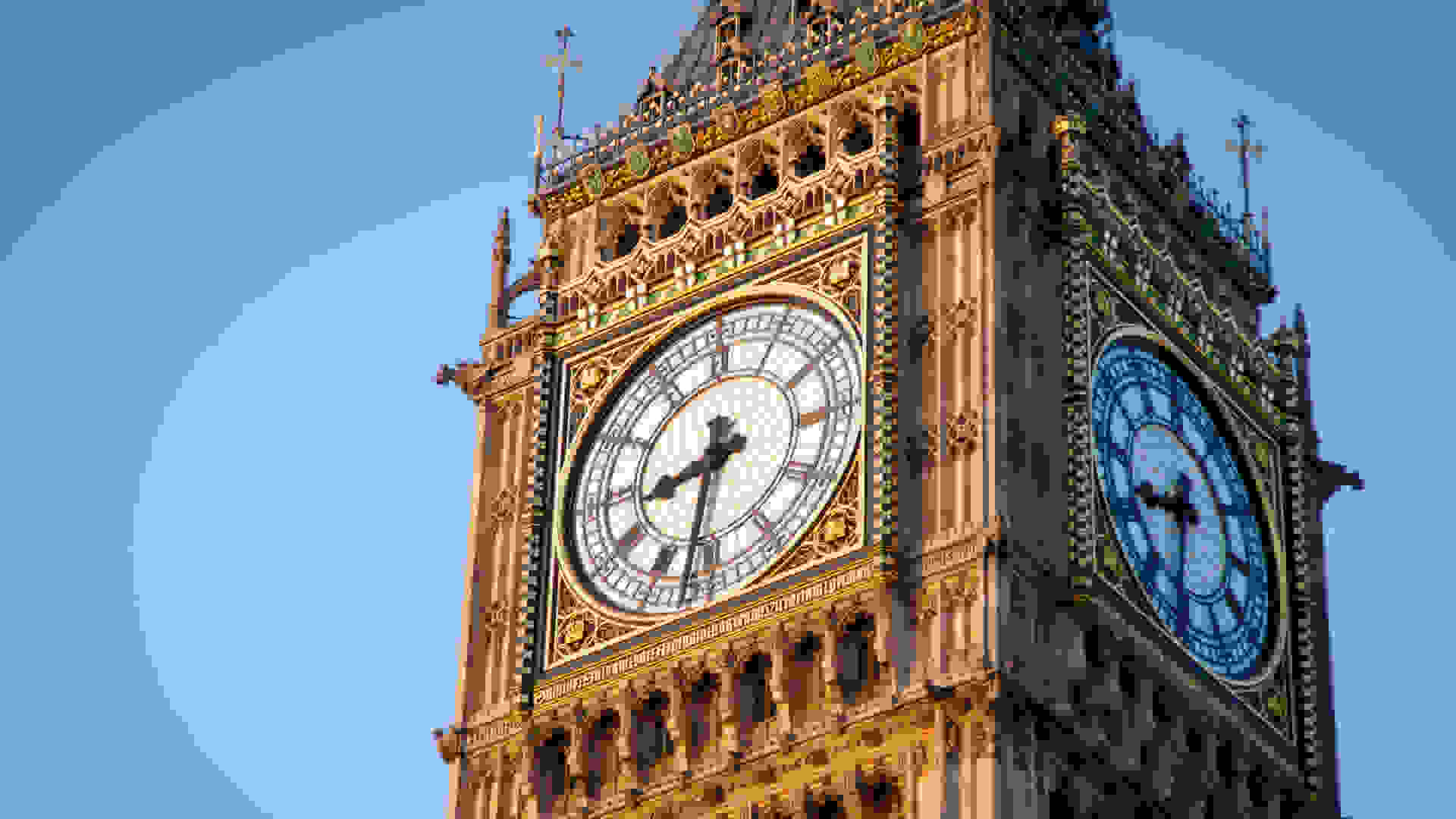How we are funded
Sun. 1 Jan 2017
The Hansard Society is an independent charity registered in England and Wales (Charity No: 1091364).
Get our latest research, insights and events delivered to your inbox
Share this and support our work
We have a diverse funding base that serves to protect our independence – we are not dependent on any single external funder.
Two-thirds of our annual income is generated through the Society’s services, particularly our international education programme and the sale of our quarterly journal and other publications. As a non-profit organisation, this income is then re-invested in our research and education projects and our wide-ranging public events programme. It also helps us to undertake a substantial amount of non-funded work such as providing evidence and advisory support to parliamentary committees and other public inquiries both at home and abroad.
Some of our projects are supported through individual donations and grants from charitable trusts, foundations, research councils, parliaments, government departments, and corporate sponsors. We are extremely grateful for their generous support. However, the credibility and reputation of our work depends on it being independently produced. The Society thus retains full, independent control of all our projects including research scope and methods, editorial decisions in relation to all resource materials and publications, and the choice of speakers at our events. Committed to ethical research and transparency we always publish our findings and recommendations regardless of the views of any funder and wherever possible aim to make our work freely available to other researchers and the wider public.
In 2016 we received funds from the following (by income band):
Economic and Social Research Council / Department for International Development (jointly funded project)
European Commission
House of Commons
More
Latest
Guides / Financial Scrutiny: the Budget
In order to raise income, the government needs to obtain approval from Parliament for its taxation plans. The Budget process is the means by which the House of Commons considers the government’s plans to impose 'charges on the people' and its assessment of the wider state of the economy.
Guides / Financial Scrutiny: the Estimates Cycle
In order to incur expenditure the government needs to obtain approval from Parliament for its departmental spending plans. The annual Estimates cycle is the means by which the House of Commons controls the government’s plans for the spending of money raised through taxation.
Data / Coronavirus Statutory Instruments Dashboard
The national effort to tackle the Coronavirus health emergency has resulted in UK ministers being granted some of the broadest legislative powers ever seen in peacetime. This Dashboard highlights key facts and figures about the Statutory Instruments (SIs) being produced using these powers in the Coronavirus Act 2020 and other Acts of Parliament.
Briefings / The Economic Crime (Transparency and Enforcement) Bill: four delegated powers that should be amended to improve future accountability to Parliament
The Bill seeks to crack down on ‘dirty money’ and corrupt elites in the UK and is being expedited through Parliament following Russia’s invasion of Ukraine. This briefing identifies four delegated powers in the Bill that should be amended to ensure future accountability to Parliament.
Articles / Brexit and Beyond: Delegated Legislation
The end of the transition period is likely to expose even more fully the scope of the policy-making that the government can carry out via Statutory Instruments, as it uses its new powers to develop post-Brexit law. However, there are few signs yet of a wish to reform delegated legislation scrutiny, on the part of government or the necessary coalition of MPs.